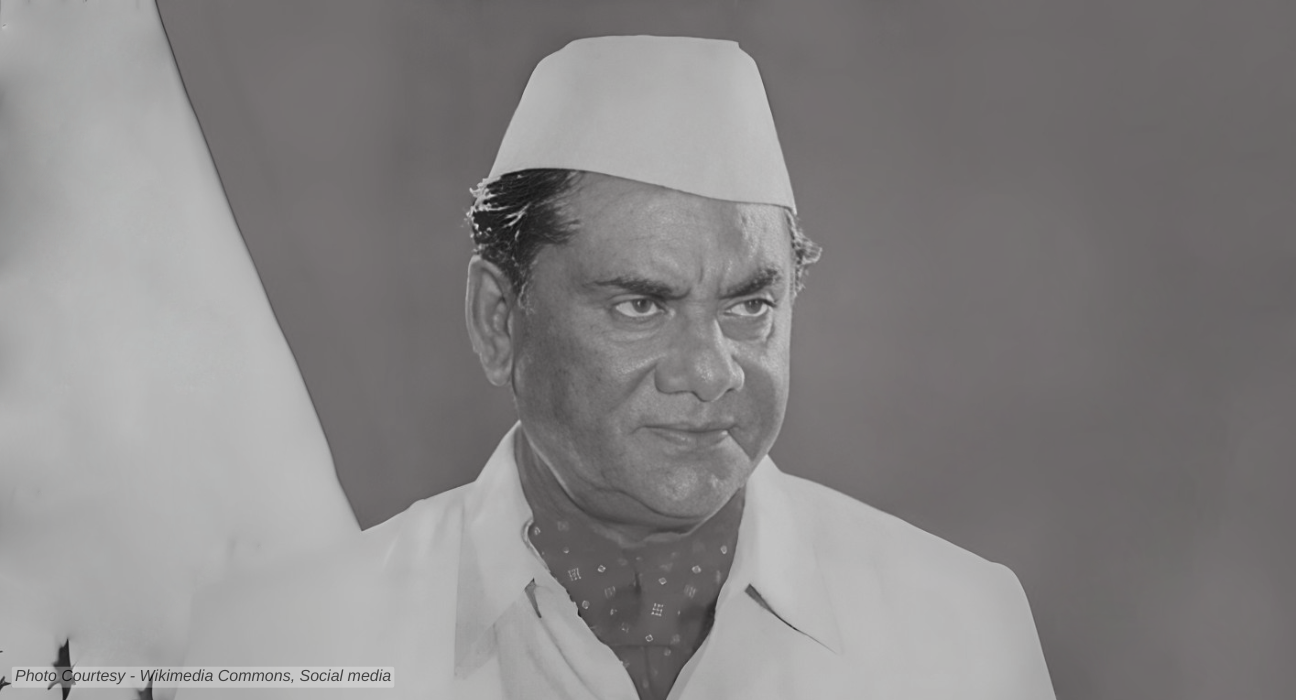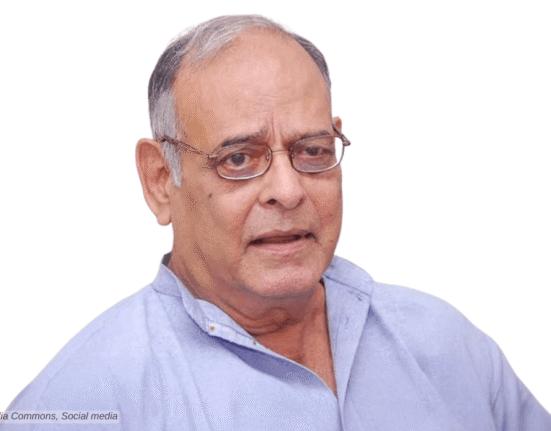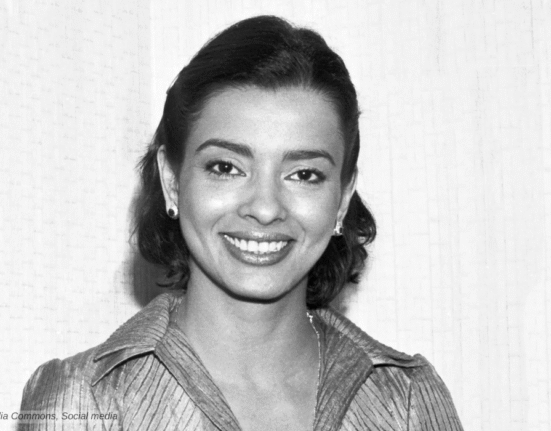One of the earliest luminaries of Indian cinema, Baburao Pendharkar’s contributions spanned across acting, directing, producing, and writing, marking him as a versatile and influential personality in the silent and early sound film eras.
Early Life
Baburao Pendharkar was born on June 22, 1896, in Kolhapur, Maharashtra, India. He was the eldest son of Dr. Gopalrao Pendharkar, the royal physician of Shahu Maharaj of Kolhapur, and his partner Radha Bai. Baburao’s younger brother, Bhalji Pendharkar, was also a prominent figure in the Marathi and Hindi film industry. Her mother, Radha Bai, later married Damodar Karnataki, with whom she went on to have Master Vinayak, a famous actor and director.
Baburao Pendharkar was also a cousin of the legendary V. Shantaram, who was the son of Kamla Bai, sister of Radha Bai. Baburao Pendharkar’s early education took place in Kolhapur, where he attended local schools. During his youth, he was an accomplished wrestler and had aspirations of representing India in the Olympics.
Baburao Pendharkar In Films

Baburao Pendharkar started his career with Maharashtra Film Company, founded by Baburao Painter, where his cousin V. Shantaram and brother Bhalji Pandharkar were the prominent members. His first role was by a twist of fate when he was called to play Lord Krishna in Baburao Painter’s Sairandhri (1920) because the original actor did not show up.
In the 1920s he acted in many silent films like Surekha Haran (1921), Bhagwat Bhakta Damaji (1922), Vithaleshwar (1922), Chandrarao More (1925), and Vande Mataram Ashram (1926).
In 1929, V. G. Damle, V. Shantaram, S. Fatelal, and Keshav Rao Dhaibar established Prabhat Film Company. Pandharkar brothers followed his cousin and joined Prabhat. As a manager at Prabhat, Baburao played a crucial role in the production of several successful films. His contributions to the company were instrumental in its success and growth.
The Prolific Actor
In Prabhat, he acted in films like Rani Saheba (1930), Randhir (1930), Udayakal (1930), and Zulum (1930). He also wrote the story of Udayakal (1930), directed by V. Shantaram.
In 1932, V. Shantaram directed the first Marathi talkie, Ayodhyecha Raja (1932), where he acted alongside Govindrao Tembe, Durga Khote and Master Vinayak and played the character of Mahajan Ganganath. The film was a big success and considered a pioneering effort in filmmaking.
Some of the notable films where he acted in the 1940s and 50s include Maya Machhindra (1932), Maya Bazaar (1932), Chandrahasa (1933), Singhgad (1933), Akashwani (1934), Prem Pariksha (1934), Vilasi Ishwar/Nigah-e-Nafrat (1935), Sone Ka Shohar (1935), Kalkoot (1935), Chhaya (1936), Nazar Ki Shikari (1936), Dharmaveer (1937), Mera Haq (1939), Devata (1939), Lapandav (1940), Ghar Ki Rani (1940), Ardhangi (1940), Taxi Driver (1944), Pahali Nazar (1945), Rukmini Swayamvar (1946), Valmiki (1946), Jeevan Yatra (1946), and many more.

Baburao Pendharkar The Filmmaker
Not content with just acting, Baburao ventured into directing and producing films. He directed “Seeta Kalyanam (1933),” which proved to be a landmark film in Tamil cinema. Baburao also produced several films under his own banner, Hans Pictures, which he established in 1933. Some of the notable films produced by Hans Pictures include “Dharmaveer,” “Brahmachari,” “Devata,” “Chhaya,” “Amrit,” and “Draupadi,” among others.
His portrayal of a Chinese general in Dr. Kotnis Ki Amar Kahani (1946) is still remembered as one of his finest roles. He also portrayed Mahatma Jyotibarao Phule in Achrya Atre’s Mahatma Phule (1954). The film written by BR Ambedkar won National Film Award for Best Feature Film in Marathi.
Some of his other notable roles came in films like Adalat (1948), Shaukeen (1949), Pyaar Ki Raat (1949), Shilanganache Sone(1949), Shyamchi Aai (1953), Devghar (1956), Do Ankhen Barah Haath (1957), Navrang (1959), Stree (1961), Sehra (1963), Mohityanchi Manjula (1963), Ladki Sahyadri Ki (1966), and Amrapali (1966).
Later Career
Baburao Pendharkar married Shree Kumudini and had four kids with her: two sons and two daughters.
Baburao Pendharkar wrote two books, “Chitra Ani Charitra,” an autobiography, and “Manahshanthi Kubutare.” His autobiography is widely considered a historical document on early Indian cinema.
Baburao Pendharkar passed away on November 3, 1967, in Bombay, leaving behind a legacy that influenced generations of filmmakers and actors.
Baburao Pendharkar on IMDB













Leave feedback about this